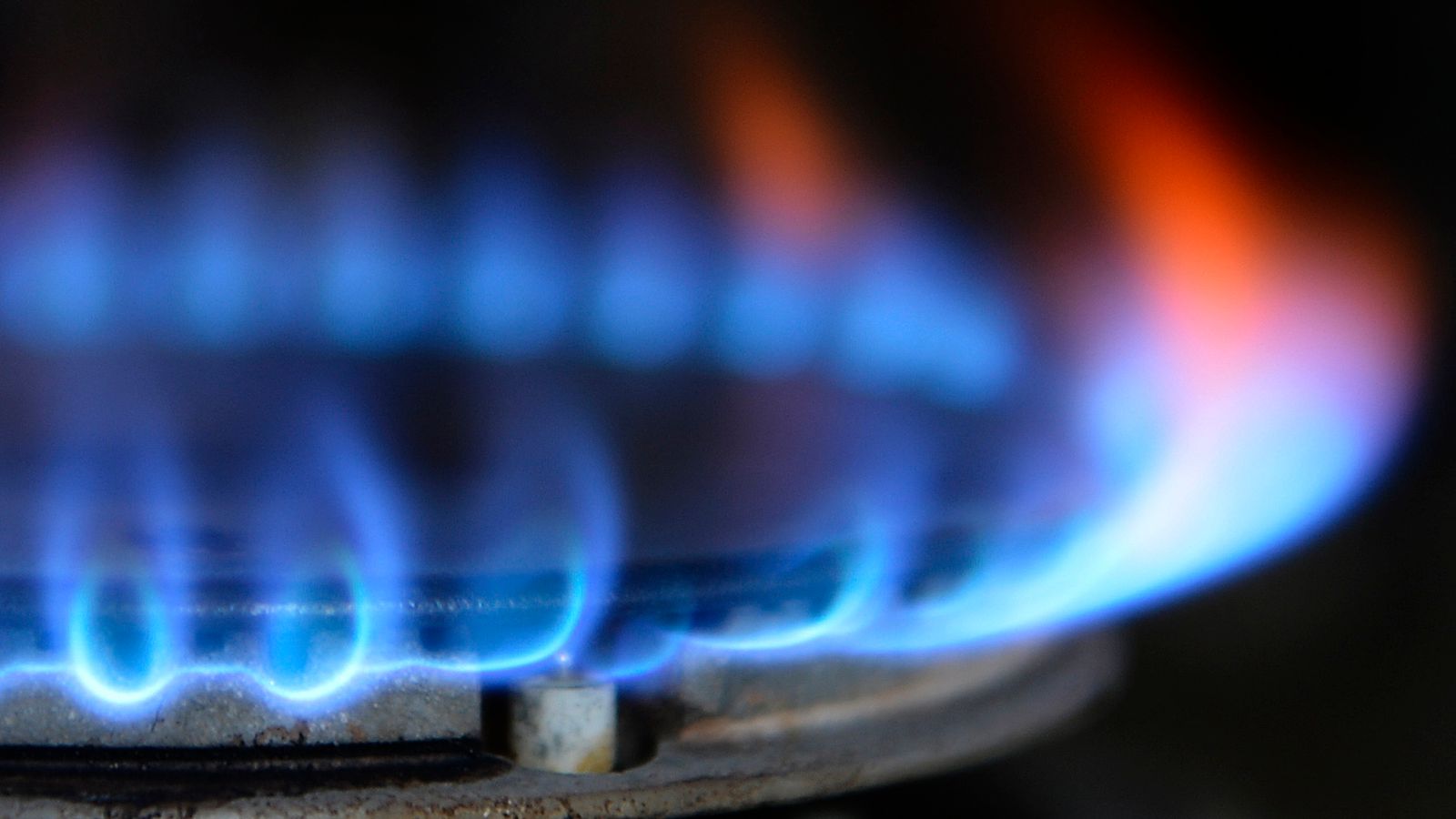U.K News
Gas prices at a two-year high, putting pressure on already expensive energy bills

Soaring British Wholesale Gas Prices: Understanding the Crisis
1. Introduction: The Surge in Gas Prices
British wholesale gas prices have reached a two-year high, sparking concerns over escalating energy bills. This surge, hitting 140 pence per therm, marks the highest since January 2023. The increase is attributed to a combination of factors, including depleted gas storage levels and colder weather, which have intensified demand for heating. This situation underscores the volatility in energy markets and its direct impact on household expenses.
2. The Role of Storage Capacity and Demand
The rise in prices is exacerbated by the UK’s limited gas storage capacity compared to its European neighbors. Britain’s largest gas storage site reported "concerningly low" levels, while European storage hovers around 50%, down from 70% last year. Typically, gas is purchased at lower summer rates and stored for high-demand periods, but current levels suggest a strained system, struggling to meet winter needs, thus driving up costs.
3. Dependence on European Imports
The UK’s reliance on European gas imports highlights its vulnerability to external factors. Despite efforts to reduce dependence on Russian supplies post-Ukraine invasion, Russia remains a key gas provider to Europe. This geopolitical dynamic, coupled with trade tensions, such as China’s 15% tariff on US gas, illustrates the fragile nature of global energy supply chains and their impact on UK prices.
4. Broader Economic and Geopolitical Factors
Global trade tensions and geopolitical events significantly influence energy costs. The tariff imposed by China on US gas, in retaliation against Trump’s taxes, signals potential supply disruptions. Additionally, Europe’s reduced reliance on Russian gas has increased competition for alternative supplies, driving prices up. These factors create a perfect storm affecting British energy security and consumer bills.
5. Impact on Energy Bills and Consumers
The consequence of these developments is evident in rising energy bills. Ofgem, the UK’s energy regulator, recently increased the price cap, with another potential hike in April. This cap, reviewed quarterly, determines the maximum unit cost of energy, directly affecting household budgets. For consumers already facing financial pressures, these increases pose significant challenges, highlighting the need for energy market stability and support mechanisms.
6. Conclusion: Challenges and Implications
The UK’s energy landscape faces significant challenges, from storage capacity to geopolitical tensions. The reliance on imported gas and aging infrastructure underscores the urgency for strategic solutions. As consumers bear the brunt of price volatility, policy makers must address these issues to ensure energy security and affordability. The path forward involves diversifying energy sources, enhancing storage, and mitigating the impact of global events on domestic markets.











